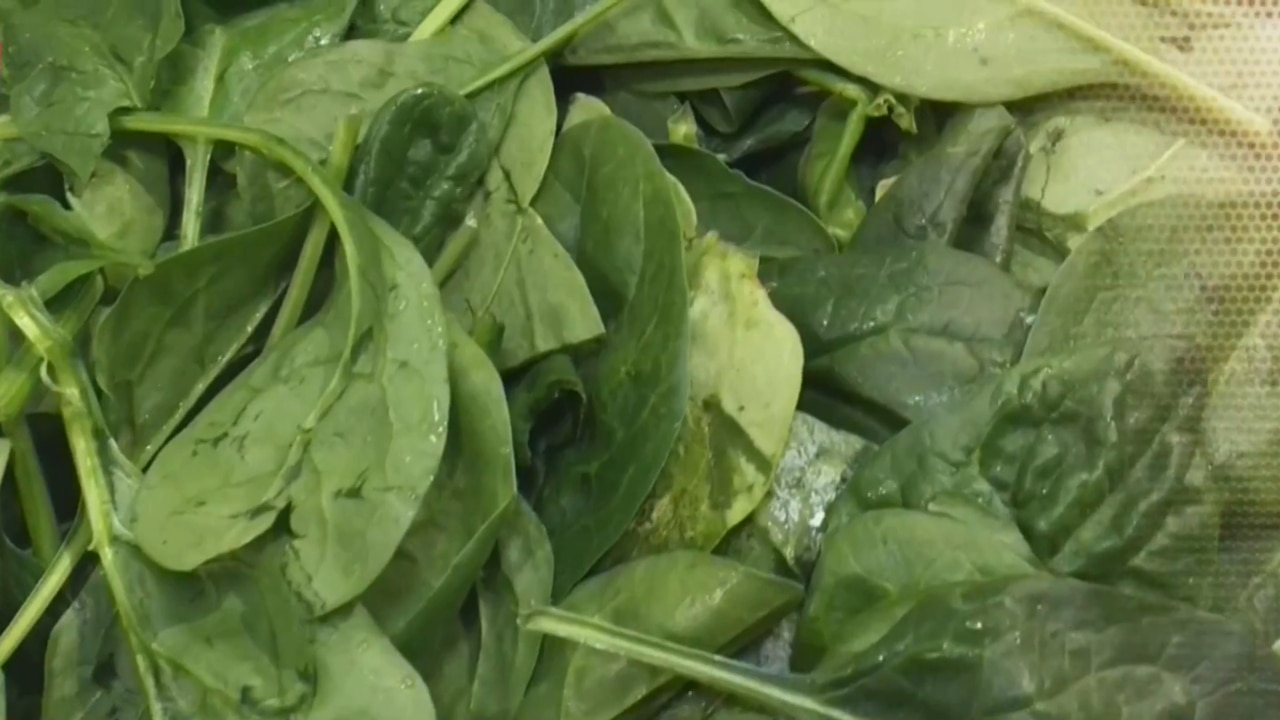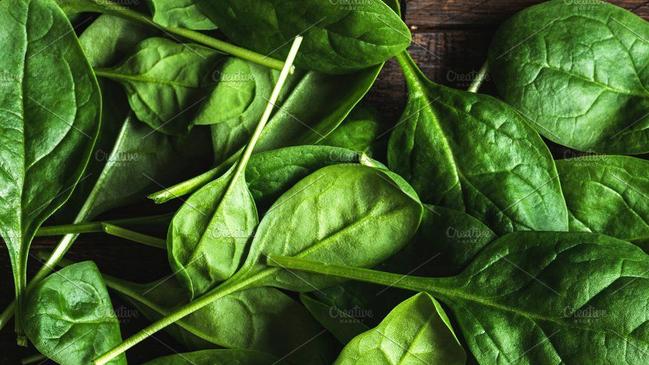NSW Health reports 164 incidents of contaminated spinach illness
As authorities race to figure out what caused spinach to become hallucinogenic, more than 160 people in one state alone have fallen ill.

NewsWire
Don't miss out on the headlines from NewsWire. Followed categories will be added to My News.
Health authorities are urging Australians not to seek out toxic baby spinach, as 164 people in NSW alone report symptoms.
A national recall for baby spinach products originating from a Victorian farm – sold at Coles and Woolworths stores across the country – was issued after some people experienced hallucinations.
As of Sunday, NSW Health has revealed 164 have reported symptoms after eating baby spinach, at least 42 of whom have sought medical attention.
Among the symptoms reported were delirium or confusion, hallucinations, dilated pupils, rapid heartbeat, flushed face, blurred vision and dry mouth.

A Queensland child was hospitalised on the weekend after eating the leaves, which health authorities say originated from Riviera Farms.
In a statement, the farm said it had contacted all 20 of the retailers selling its produce.
“The advice to our customers remains to recall potentially contaminated spinach products from their shelves and to advise their own customers to do the same,” they said.
“Riviera Farms has been working with retailers and regulators to identify, and recall, potentially contaminated spinach products from shelves.”

While investigations are ongoing, it’s likely the spinach became contaminated by a toxic weed, such as a nightshade, jimson weed or mandrake root.
The weed may have contaminated the spinach crop as a result of recent flooding.
Assistant Health Minister Ged Kearey said Food Standards Australia New Zealand were investigating.
“I urge anyone feeling unwell who may have eaten affected products to seek medical care immediately and contact the Poisons Information Centre on 13 11 26,” she said.
“We are communicating frequently with the regulators as they continue their investigations. All appropriate measures necessary to keep people safe will continue to be taken.”
Originally published as NSW Health reports 164 incidents of contaminated spinach illness


